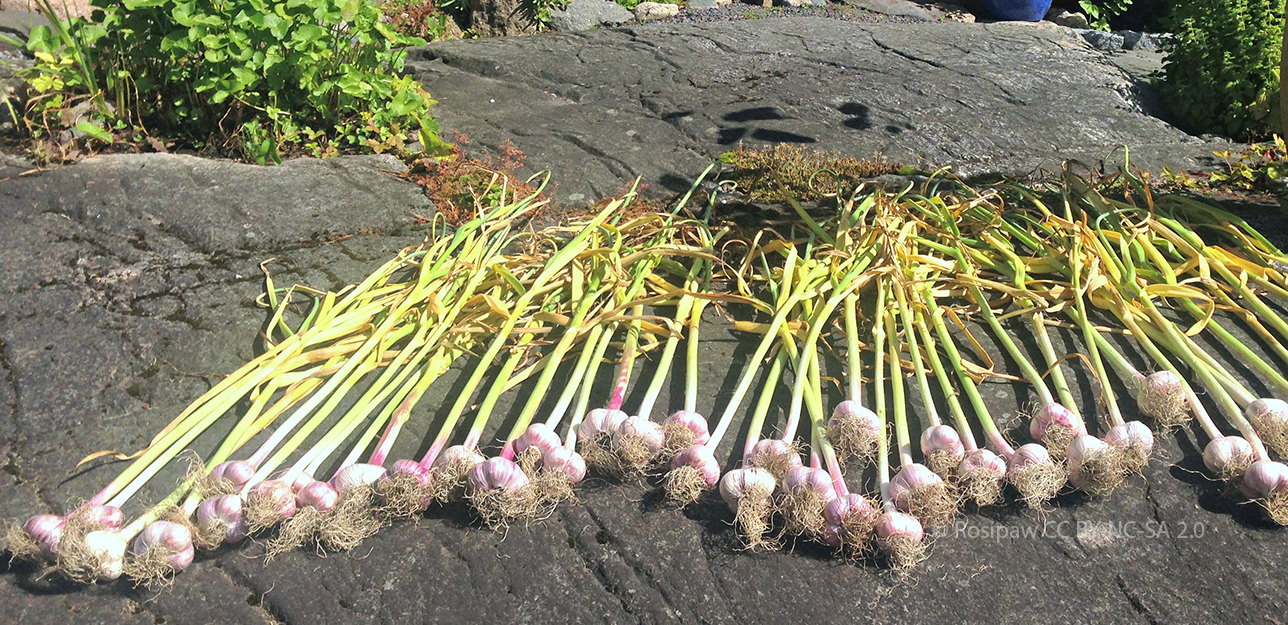Re: “Fine dining” [Autumn 2006]
You are to be congratulated on your outstanding Autumn 2006 issue, which focuses on the important relationship between food production and ecology.
As a retired social science teacher and as an organic farmer with 37 years of experience, I know how critical it is for people of all ages to develop informed opinions and to engage in collective efforts that will ensure the vibrancy of local and organic food production.
For a number of years, Ecological Farmers of Ontario has been a leading advocate. For the past four years, I have been operating a two-acre organic market garden on a 26-acre property in Shelter Valley, Ontario. The gardens share a space with over 3,000 trees and a wide variety of other flora and fauna. I grow over 200 varieties of vegetables, herbs and fruit, from Asian vegetables (for example, daikon radish) to Italian zucchini to sacred basil.
My primary market is made up of local families who want fresh, nutritious, locally grown organic food. However, with the exceptions of a health shop, a spa and a small restaurant, no local food stores or restaurants have been interested in purchasing produce from me.
In Cobourg, which is the nearest town to Shelter Valley, only one supermarket regularly sells organic garlic (in jars, from China), as well as a very limited variety of fresh produce. With the exception of non-organic potatoes, to my knowledge, no supermarket sells any of the local vegetables and herbs that are available throughout the summer and autumn. Yet, at a recent local harvest festival, many people expressed delight at their discovery of varieties of vegetables that they could not find elsewhere.
As Linda Pim articulated in last issue’s “Last Word,” a better provincial attitude towards organic foods is essential for better eating, and the Ontario government has a primary responsibility to lead the way. It is way past the time when governments can justify supporting economic activities that place profits ahead of our environment and our health.
All over Ontario, small farmers face a wide variety of challenges related to growing organic produce. In a previous issue of ON Nature, Andrea Smith highlighted the danger to all life in Shelter Valley if a proposed aggregate pit, adjacent to a closed toxic dumpsite, is allowed to operate. (The matter is before the OMB.) The biological diversity essential to healthy food production will be threatened severely if the plan goes forward.
Rather than catering to private and often transnational interests, our governments must put effective programs in place – programs that will help to educate the public and that will encourage young people to seek employment in sustainable agriculture. Only then will food security and nutritional health be assured for our children and grandchildren. What a joy it is – and will be – to watch young children engage with safe, healthy and fresh vegetables.
– Bob Garthson, Valley Pines Organics, Grafton

